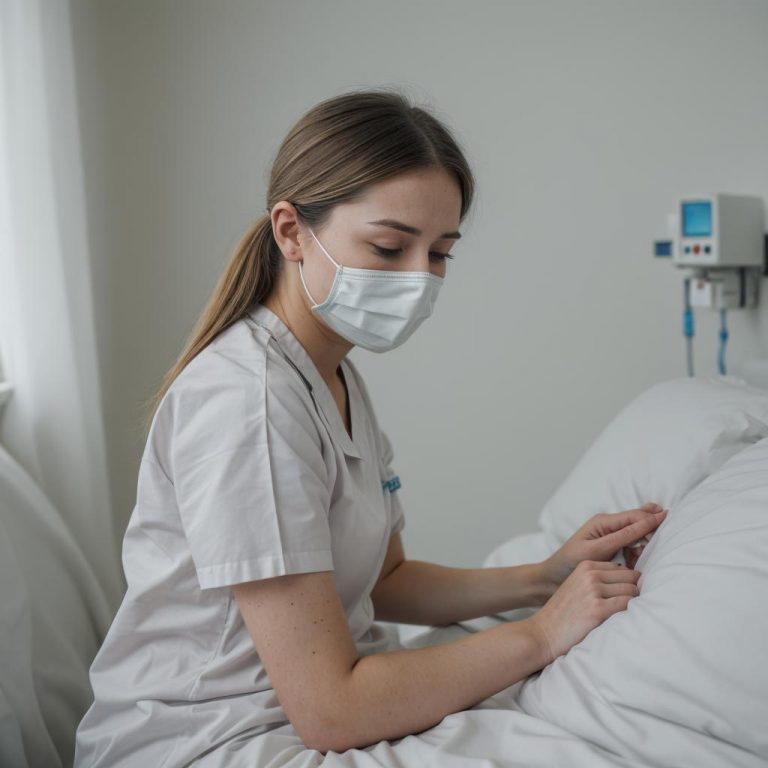
Allergy lips swelling, also known as angioedema, can be a distressing and uncomfortable experience for those affected.
It occurs when there is a rapid buildup of fluid in the deep layers of the skin, typically as a result of an allergic reaction. Understanding the causes, symptoms, and treatment options for allergy lips swelling is crucial for effectively managing this condition.

Causes
Allergy lips swelling can be triggered by various allergens or substances that the immune system perceives as harmful. Common causes include:
Food Allergies: Certain foods such as nuts, shellfish, eggs, and dairy products can trigger allergic reactions leading to lip swelling.
Medications: Some medications, including antibiotics, nonsteroidal anti-inflammatory drugs (NSAIDs), and ACE inhibitors, may cause allergic reactions resulting in lip swelling.
Insect Bites or Stings: Venom from insect bites or stings, such as those from bees, wasps, or ants, can cause localized allergic reactions including swelling of the lips.
Contact Dermatitis: Exposure to allergens like certain cosmetics, lip balms, or oral care products can lead to contact dermatitis and swelling of the lips.
Environmental Allergens: Pollen, dust mites, pet dander, and mold are common environmental allergens that can trigger allergic reactions affecting the lips.
Symptoms
The symptoms of allergy lips swelling can vary in severity and may include:
Swelling of the lips, tongue, or face
Itching or tingling sensation in the affected area
Redness or inflammation
Difficulty speaking or swallowing
Pain or discomfort
In severe cases, difficulty breathing or wheezing, which may indicate anaphylaxis and require immediate medical attention
It’s essential to recognize these symptoms promptly and seek appropriate medical care to prevent complications.
Treatment
The treatment of allergy lips swelling typically involves addressing the underlying cause and managing the symptoms. Here are some common approaches:
Avoidance of Triggers: Identify and avoid exposure to allergens or substances that trigger allergic reactions, such as specific foods, medications, or environmental allergens.
Antihistamines: Over-the-counter or prescription antihistamine medications can help alleviate itching, swelling, and other allergic symptoms. They work by blocking the action of histamine, a compound released during allergic reactions.
Topical Steroids: For mild to moderate cases of lip swelling, topical corticosteroid creams or ointments may be recommended to reduce inflammation and itching.
Epinephrine (EpiPen): In cases of severe allergic reactions or anaphylaxis, emergency treatment with epinephrine may be necessary to rapidly reverse symptoms and prevent life-threatening complications. Individuals with a history of severe allergies should carry an epinephrine auto-injector and know how to use it.
Medical Evaluation: Consultation with a healthcare professional, such as an allergist or dermatologist, is essential for accurate diagnosis and management of allergy lips swelling. They can perform allergy testing to identify specific triggers and develop a personalized treatment plan.
Prevention
Preventing allergy lips swelling involves taking proactive measures to avoid exposure to known allergens and minimizing the risk of allergic reactions. Here are some preventive strategies:
Read ingredient labels carefully and avoid foods or products that contain known allergens.
Wear protective clothing and use insect repellents to prevent insect bites or stings.
Keep indoor environments clean and free of dust, mold, and other allergens.
Communicate with healthcare providers about any known allergies or previous allergic reactions to medications.
By implementing these preventive measures and being vigilant about potential allergens, individuals can reduce the likelihood of experiencing allergy lips swelling.
Allergy lips swelling can be a distressing manifestation of allergic reactions, but with proper understanding and management, it can be effectively controlled. Identifying and avoiding triggers, seeking prompt medical attention when necessary, and implementing preventive measures are key steps in managing this condition. By working closely with healthcare professionals, individuals can develop personalized strategies to minimize the impact of allergy lips swelling and improve their overall quality of life.



